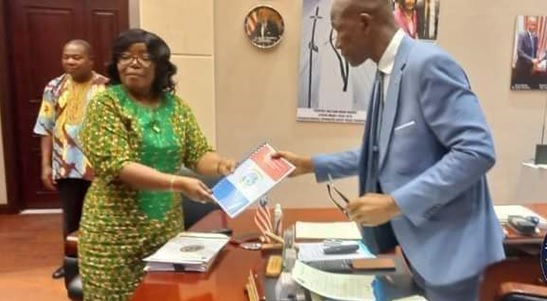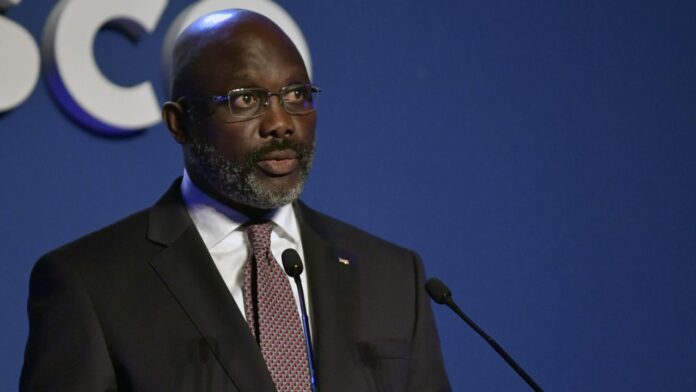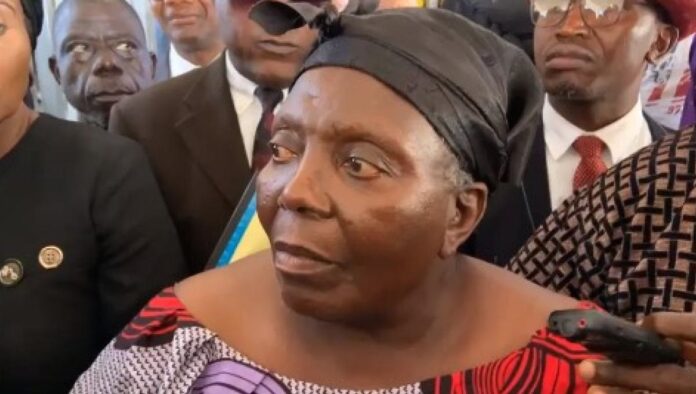MONROVIA – The Liberian government has formally presented the draft National Budget for the Fiscal Year 2024 to the 54th National Legislature. The submission, adhering to Section 17.1 of the Public Financial Management Act, was presented by Deputy Minister for Budget and Development Planning, Tanneh Geraldine Brunson.
Apologizing for the delay, Min. Tanneh Geraldine Brunson attributed to the distractions and preoccupations surrounding competitive elections, the outgoing administration outlined key aspects of the budget, spanning revenue and expenditure considerations.
Covering the period from January 1, 2024, to December 31, 2024, the draft National Budget totals US$ 625.57 million, with 99.61 percent (equivalent to US$ 623.14 million) expected to be generated domestically and the remaining 0.39 percent (totaling US$ 2.43 million) projected from external resources.
The proposed expenditure mirrors the total resource envelope, amounting to US$ 625.57 million. The recurrent component stands at US$ 594.54 million, constituting 95 percent of the total proposed expenditure. The remaining 5 percent, equivalent to US$ 31.03 million, is allocated to Public Sector Investment Projects (PSIP).
Breaking down the recurrent expenditure, the government prioritizes key categories: Debt Service (US$ 80.90 million), Domestic Debt (US$ 23.38 million), External Debt (US$ 57.52 million), Compensation for Employees (US$ 308.0 million), Goods and Services (US$ 70.15 million), Grants to Governmental and Non-governmental Entities (US$ 105.83 million), and Subsidy to NGOs complementing Government efforts (US$ 3.56 million).
While the budget reflects the priorities of the outgoing administration, it acknowledges the potential for the incoming administration to introduce policy changes. Notably, it emphasizes the focus on critical cross-cutting national programs and projects in three sectors, with the National Road Fund under the Infrastructure and Basic Services Sector standing out.
As Liberia grapples with mounting pressures, including a significant national debt burden and recurrent expenditures, the budget aims to strike a balance between addressing obligatory expenditures and facilitating strategic service delivery.
This submission marks the final fiscal proposal of the current administration, setting the stage for potential adjustments and policy shifts under the incoming leadership. The National Legislature is now poised to deliberate on and potentially enact the proposed budget, navigating the intricate landscape of national priorities and financial allocations.







